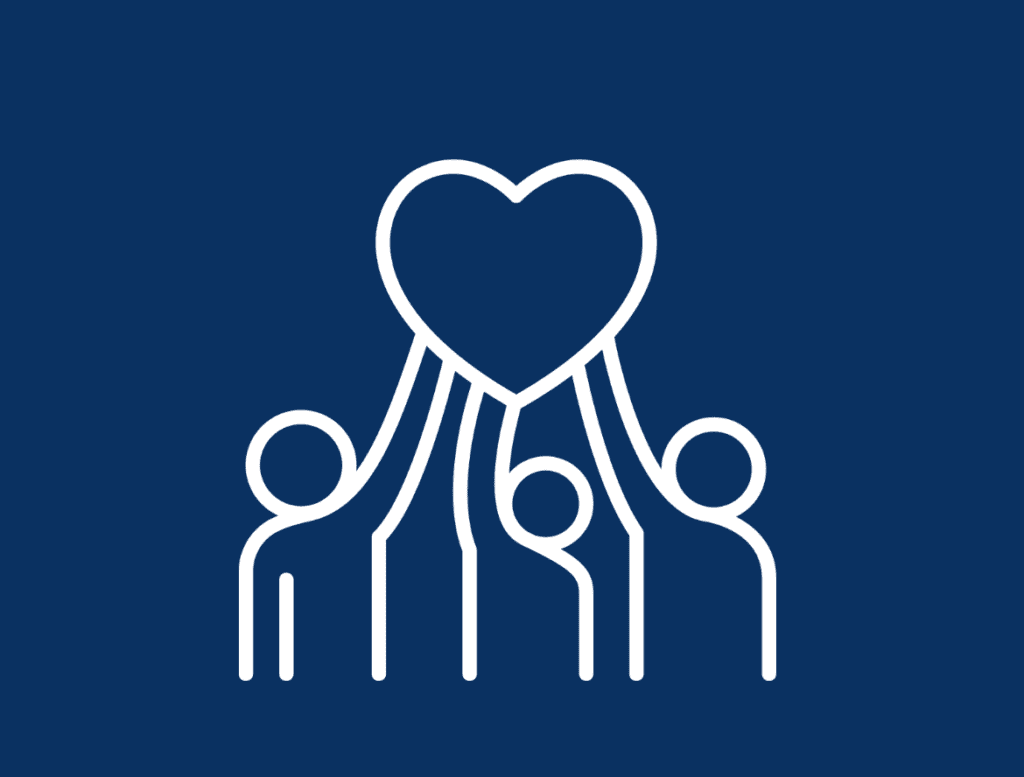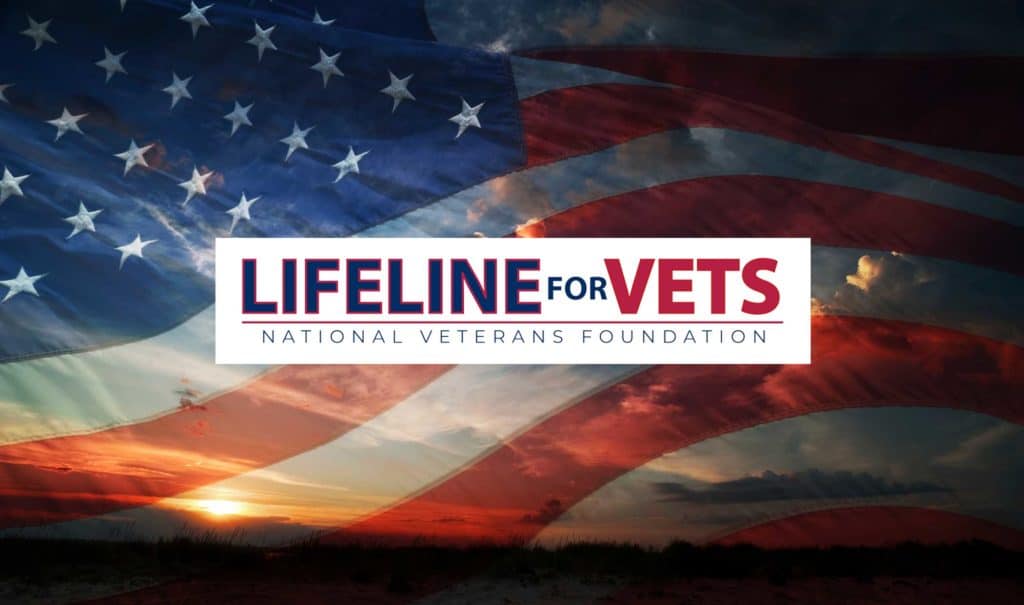Suicide Among Veterans, It’s our Obligation to Help
Over the last 15 years, more US troops have died from suicide than have been killed in Afghanistan. And the problem persists once they return home. There’s a grave problem with suicide among veterans and at NVF we believe it is our obligation to help them.

If there’s anything that’s clear about Vets who are returning from war, it’s that their experience leaves a lasting impression on their minds. All too often, however, it’s a lasting impression of nightmare, terror, and anxiety. This is leading to a frightening result: suicide among veterans that’s 21 percent higher than the rest of the country¹.
This startling fact comes from a VA study published this August, which analyzed more than 55 million Veteran records from 1979 to 2014 from every state in the nation. Below is other alarming data from the study:
Statistics Regarding Suicide among Veterans
- Since 2001, the rate of suicide among U.S. Veterans who do not use VA services increased by 38.6 percent.
- During the same time period, the rate of suicide among veterans increased 98 percent among female Veterans who do not use VA services.
- The risk for suicide was 2.4 times (140 percent) higher among female Veterans when compared with U.S. civilian adult females.
- During 2001-2014, the suicide rate for younger Veterans (18-29) grew about 7 times higher than their civilian peers.
What’s also painfully clear is that something must be done to help these vets, to whom we owe so much. In the words of our Secretary of Veterans Affairs…
This nation has a solemn obligation to the men and women who have honorably served this country and suffer from the often devastating emotional wounds of war.
~ Secretary of Veterans Affairs Eric K. Shinseki
How Do We Help Returning Vets Who Are at Risk of Suicide?
One way to combat the problem of suicide among veterans is to shore up the services that offer mental health care to vets. Identifying the signals that indicate a Vet is at risk of suicide is a first step, and one of those signals is of course Post Traumatic Stress Disorder (PTSD).
In 2010, the VA officially reduced the requirements for receiving PTSD treatment and disability compensation, which has allowed for better handling of our vets who are returning from the devastating effects of being deployed during war.
But that crucial step is only the beginning. Many Veterans still feel uncomfortable talking about PTSD, and may not even know they suffer from this debilitating disorder. Their friends and family are even more confused by their behavior, which can become increasingly irrational, reclusive, and difficult to understand, much less cope with and treat without professional help.
One study found significant gaps in the system for treatment of PTSD. Just over half of service members with PTSD or depression even sought help in the year under investigation, and of those who received any treatment, only a half got treatment that amounted to anything².
What is the VA Doing?
The rise of PTSD has caused the VA to take notice of this and other “invisible” wounds of war.
Military and veteran suicides are rising, but there’s certainly nothing like an epidemic going on. Most service men and women return home and never have any suicidal thoughts. However, the higher rates of PTSD and major depression are a concern, since when left untreated they can lead to a whole host of snowballing consequences, which can include suicide.

The answer to keeping our Vets from considering suicide is recognition of PTSD and other “invisible wounds” as major concerns. The VA’s steps are only the beginning.
If we want to help the 22 veterans³ who die each day by suicide, we must recognize the national health crisis we face with PTSD in our returning soldiers. Unless these veterans get treated, there will be long term consequences that will affect us all.
What is the NVF Doing?
NVF’s Lifeline for Vets is a toll free line that provides vet to vet services for all veterans, including those that are on the brink of taking their own lives. They can talk to another veteran that truly understand their fears, depression, and despair.
Not every call the NVF Lifeline for Vets takes is a suicide crisis call, but every call is potentially a suicide prevention call. That’s because helping veterans get jobs, access their benefits, get counseling, medical care, financial assistance and housing all help put veterans on a path that leads away from the one that ends in suicide.
Here at the National Veterans Foundation we’ve been making strides with helping suicide among veterans. We realize that the time to intervene is not when the vet is desperate and ready to give up, but earlier when more can be done.
Our recent alliance with Zenti, Inc. means we can reach more veterans in need. Zenti has donated their software to NVF to help us identify veterans in need sooner.
This new technology will allow us to intervene with Veterans before they reach the final stages of suicide ideation.
~ Shad Meshad, President of the National Veterans Foundation
The National Veterans Foundation is a non-profit organization. We operate from donations by people just like you. Please help us to keep up our work to stop veteran suicides by donating what you can.
Resources
- Kang, Han K. et al. Suicide risk among 1.3 million veterans who were on active duty during the Iraq and Afghanistan wars. Annals of Epidemiology. Retrieved 8/7/2016 from https://www.annalsofepidemiology.org/ (see new VA study: https://www.militarytimes.com/story/veterans/2016/07/07/va-suicide-20-daily-research/86788332/ https://www.va.gov/opa/pressrel/pressrelease.cfm?id=2801)
- One in Five Iraq and Afghanistan Veterans Suffer from PTSD or Major Depression.Rand Corporation. Retrieved 8/7/2016 from https://www.rand.org/news/press/2008/04/17.html
- Kemp, Janet and Bossarte, Robert. Suicide Data Report, 2012. Deparment of Veterans Affairs. Retrieved 8/7/2016 from https://www.va.gov/opa/docs/Suicide-Data-Report-2012-final.pdf
- Veterans Posttraumatic Stress Disorder (PTSD). U.S. Department of Veterans Affairs. Retrieved 8/7/2016 from https://www.va.gov/opa/issues/PTSD.asp
You can be a part of our mission to help Veterans by making a tax-deductible donation!
About the Author
SUBSCRIBE TO OUR BLOG AND NEWS!
By submitting this form, you are granting: NATIONAL VETERANS FOUNDATION INC permission to email you. You may unsubscribe via the link found at the bottom of every email. (See our Email Privacy Policy for details.)
Related Posts





